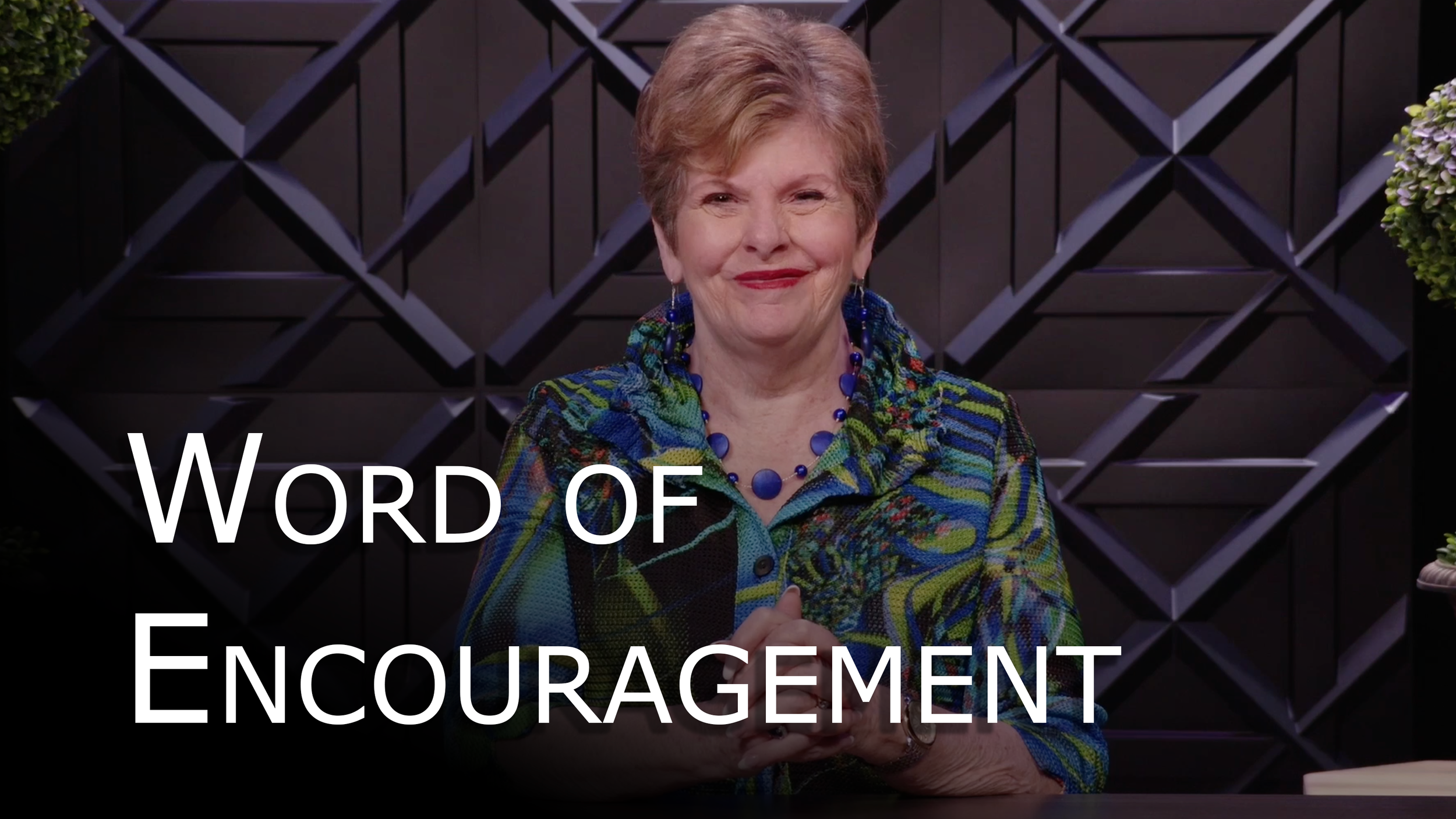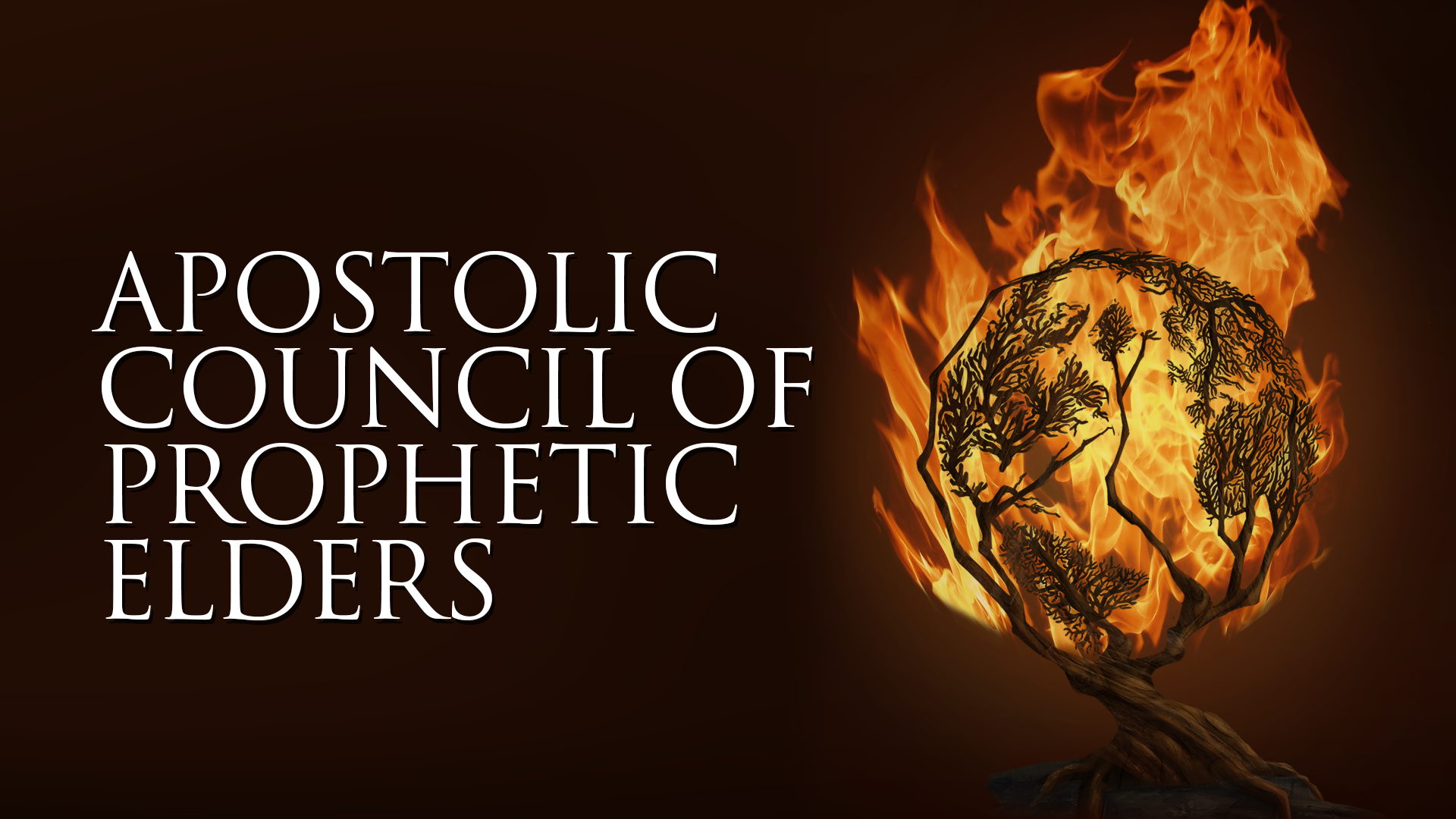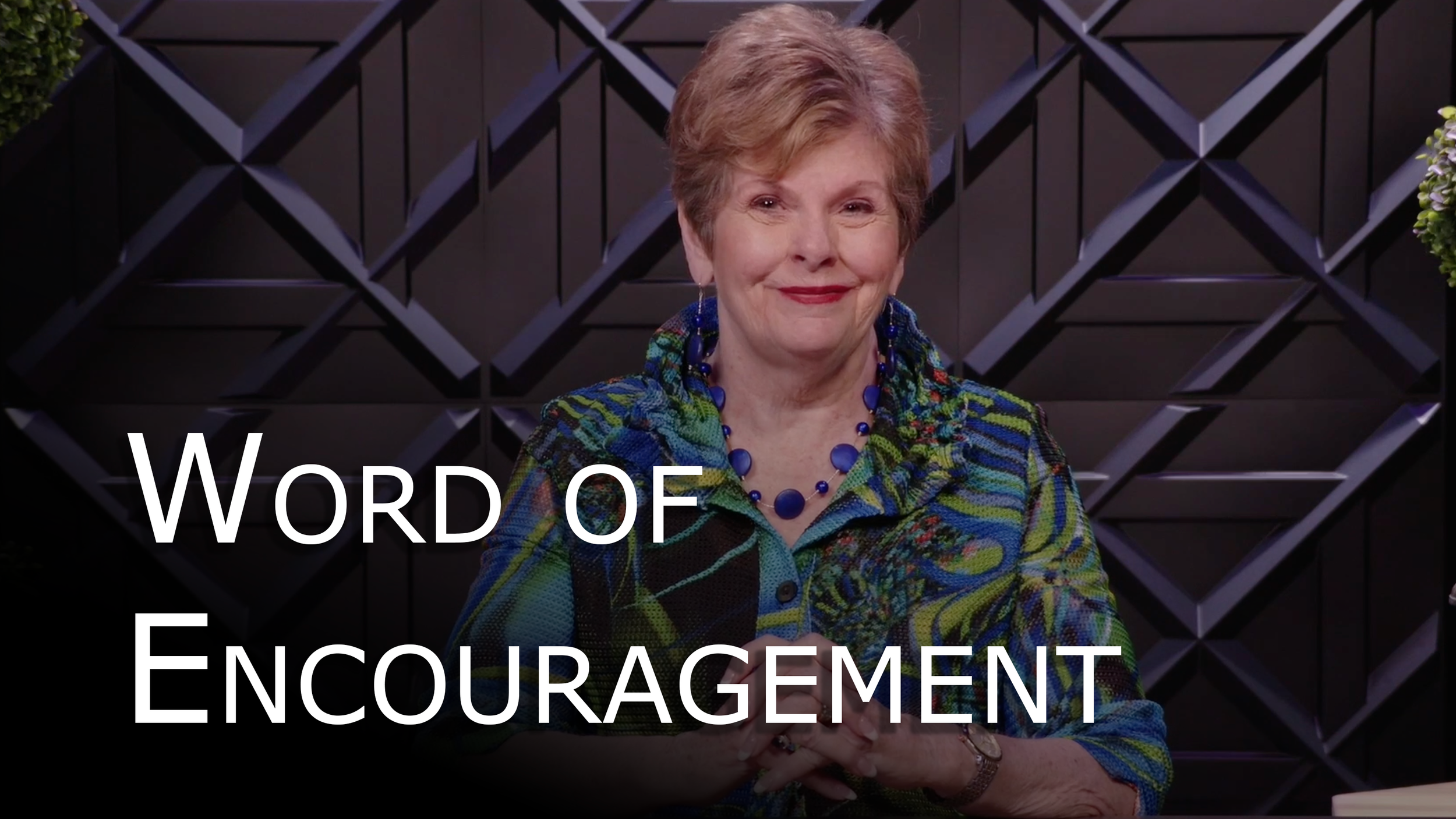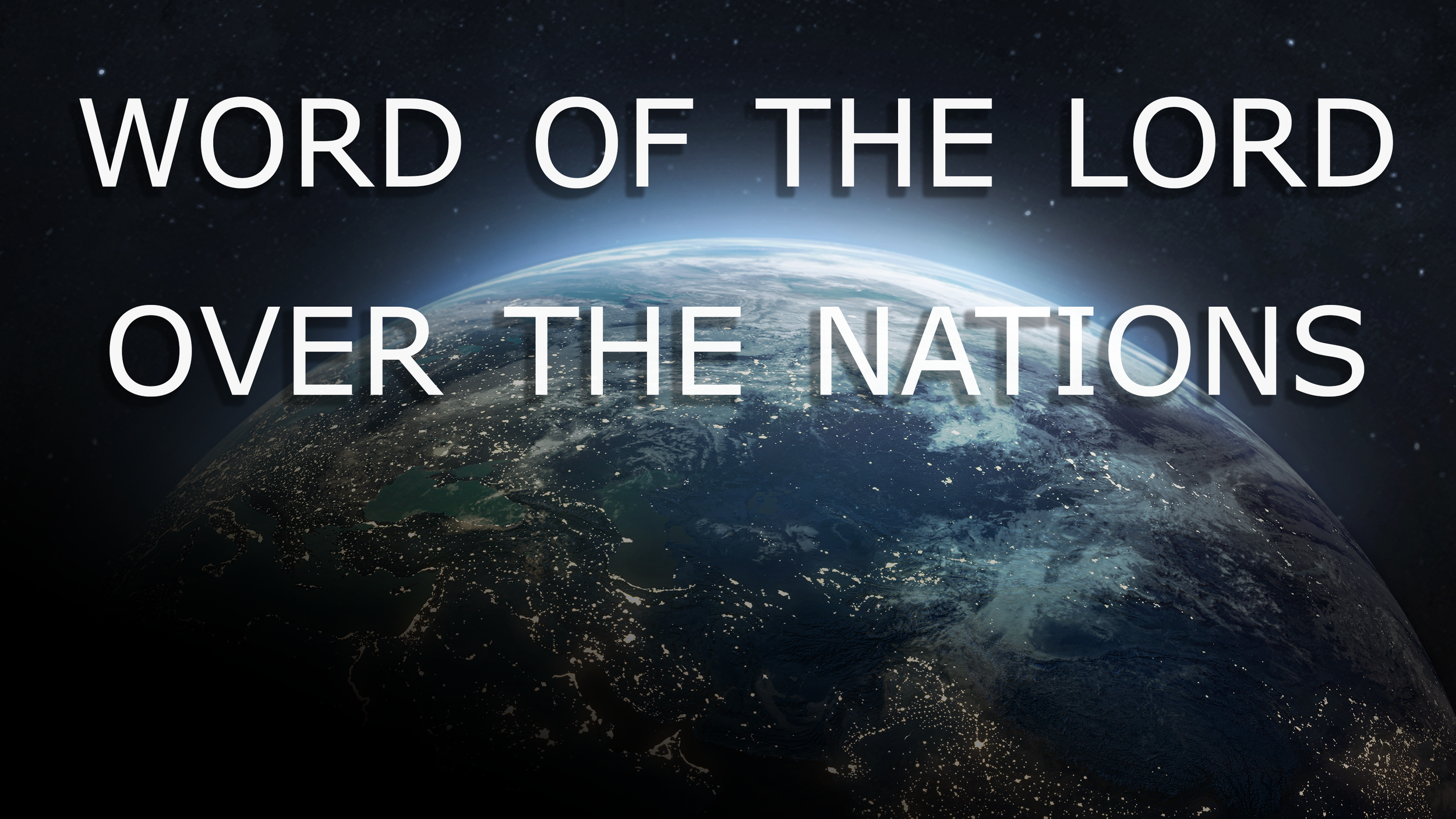
“The Lord loves righteousness and justice; the earth is full of His unfailing love.” – Psalm 33:5 (NIV)
Cries for justice can be heard from all around the world. Justice for the poor. Justice for the unborn. Justice for the enslaved. Justice for the marginalized. Justice for the persecuted. We want justice.
This cry reflects the heart of God, yet sometimes, we still forget that justice is God’s idea first. While our demand is often punitive—wanting those who are wrong to get what they deserve, God’s version is redemptive—committed to what is right and best for His children.
There are more organizations and advocates committed to various causes than ever before, but some days, it can feel like injustice stubbornly persists. Why is that? Beyond the obvious answer that we live in an imperfect world, I think another challenge is that we sometimes have an imperfect understanding of justice, which can affect our perspective.
The Old Testament, particularly the prophetic books, has quite a bit to say on this subject, especially about what we commonly refer to as social justice. In studying it more deeply, it is evident that there are actually three words or concepts which are pivotal to a full understanding of how God interacts with us and how He wants us to interact with each other—justice, righteousness, and mercy.
These concepts are intricately entwined in God’s heart and His instructions, to the point that they are actually incomplete without each other. Not only are they central to knowing and understanding the nature of God, but they are also qualities God desires to see displayed in those who claim to belong to Him.
Justice
“This is what the Lord says: ‘Maintain justice and do what is right, for my salvation is close at hand and my righteousness will soon be revealed.’” – Isaiah 56:1 (NIV)
The Hebrew word that is frequently translated as justice comes from a root that means “to judge, to settle, to render justice, or to decide,” depending on the context.1 It is primarily a legal term. Zephaniah 3:5 says the Lord dispenses justice, morning by morning. Justice is a distinguishing trademark of God’s will and all activities that result from His will; in other words, all His ways are just, and there is no standard of justice higher than His.
Since true justice is a distinctive characteristic of God, it then becomes the moral standard by which He measures human conduct. He applies this standard to the interaction of humans with each other, particularly in regards to the rights of others. God expects justice in business, where honest weights and measures are demanded.2 He requires it in the courts, where the rights of all people are to be equally regarded, whether they are rich or poor, foreign or native, young or old. He expects His people to uphold the cause of the poor and needy, to not take advantage of those who are weak or vulnerable.3
Israel was repeatedly urged to “maintain justice” (Hos. 12:6; Amos 5:15). Even today, God’s people should be actively working to affirm the rights of others. This is where justice becomes entwined with mercy, which we will discuss in a moment. However, true justice will only be seen in the lives of those who fear God because biblical justice begins with holiness. Therefore, justice is also linked with righteousness.
Righteousness
“Righteousness and justice are the foundation of your throne; love and faithfulness go before you.” – Psalm 89:14 (NIV)
The Hebrew word sedeq means “to be righteous” or “righteousness.” It is also frequently translated “justice” because the meanings are so closely tied. The key ingredient to the idea of righteousness in the Old Testament is relationship, whether between God and man or man and man.
When a person is seen as righteous, it is not so much that he is virtuous, but rather that he has the approval of his king.4 In Hosea 10:12, when God urges the people to sow for themselves righteousness, He is urging them to maintain standards and to live the life that would meet His approval.
When it comes to relationships between humans, righteous action is that which promotes a general sense of well-being and peace for the whole community. Particularly in the prophetic books, righteousness includes the idea of helping the poor and the needy.5 One cannot be in right relationship with God while neglecting his fellow man.
The connection between righteousness and justice is once more evident—if people denied justice to others or did not actively seek justice on behalf of those who could not seek it for themselves, they were not acting within the terms of God’s covenant and therefore, could not be in right relationship with God (see Prov. 29:7).
Mercy
“This is what the Lord said: ‘Administer true justice; show mercy and compassion to one another.’” – Zephaniah 7:9 (NIV)
The final concept that must be understood in order to properly carry out justice is mercy. A word commonly translated as mercy is the Hebrew word hesed. This is one of the most important words in the Old Testament. Its many translations include “mercy,” “love,” kindness,” and specifically in reference to God, “unfailing love.”
At the core of this word is the sense of devotion to a covenant. This mercy or love is the very essence of God’s character. In the Old Testament, it is vividly portrayed by His steady, persistent refusal to simply wash His hands of Israel, in spite of her repeated breaches of covenant.6 Mercy is His entire attitude toward mankind.
Mercy is also required on humanity’s part toward all creatures, both man and beast. According to Micah 6:8, the Lord desires for His people to love mercy. When we love mercy, we will act justly. As God is merciful with us, so we should be merciful to others. Mercy, love, and kindness are all evidence of righteous living.
Knowing What God Requires
If we look again at Micah 6:8, we see this three-fold cord clearly stated:
He has shown you, O mortal, what is good. And what does the Lord require of you? To act justly and to love mercy and to walk humbly with your God.
Jesus reiterates this same concept Himself when He states that the greatest commandments are to love God with everything you are and to love your neighbor as yourself (see Matt. 22:37-40). You cannot have one element without the others.
I believe we are all called to stand against injustice in some way, shape or form. As we consider what that should look like, it is important to keep these things in alignment. If right relationships and merciful hearts are not present in our lives, then our efforts toward justice are incomplete. God wants to manifest the fullness of His unfailing love through His people—the answer to the desperate cries of a world longing for true justice.
End Notes
-
Carpenter, Eugene E. and Philip W. Comfort. Holman Treasury of Key Bible Words. Nashville, TN: Broadman & Holman Publishers, 2000.
-
The following verses further explore God’s expectations for honest business dealings: Lev. 19:35,36; Deut. 25:13-16; Amos 8:5; Prov. 11:1; 16:11.
-
Rall, Harris Franklin. “Justice.” Ed. James Orr. The International Standard Bible Encyclopedia, Vol. III.
-
Von Allmen, J.-J., Vocabulary of the Bible. London: Lutterworth Press, 1958.
-
Milne, B.A. “Righteousness.” Ed. I. Howard Marshall and others. New Bible Dictionary.
-
Hoad, J.W.L. “Mercy, Merciful.” Ed. I. Howard Marshall and others. New Bible Dictionary.
Recent Posts








